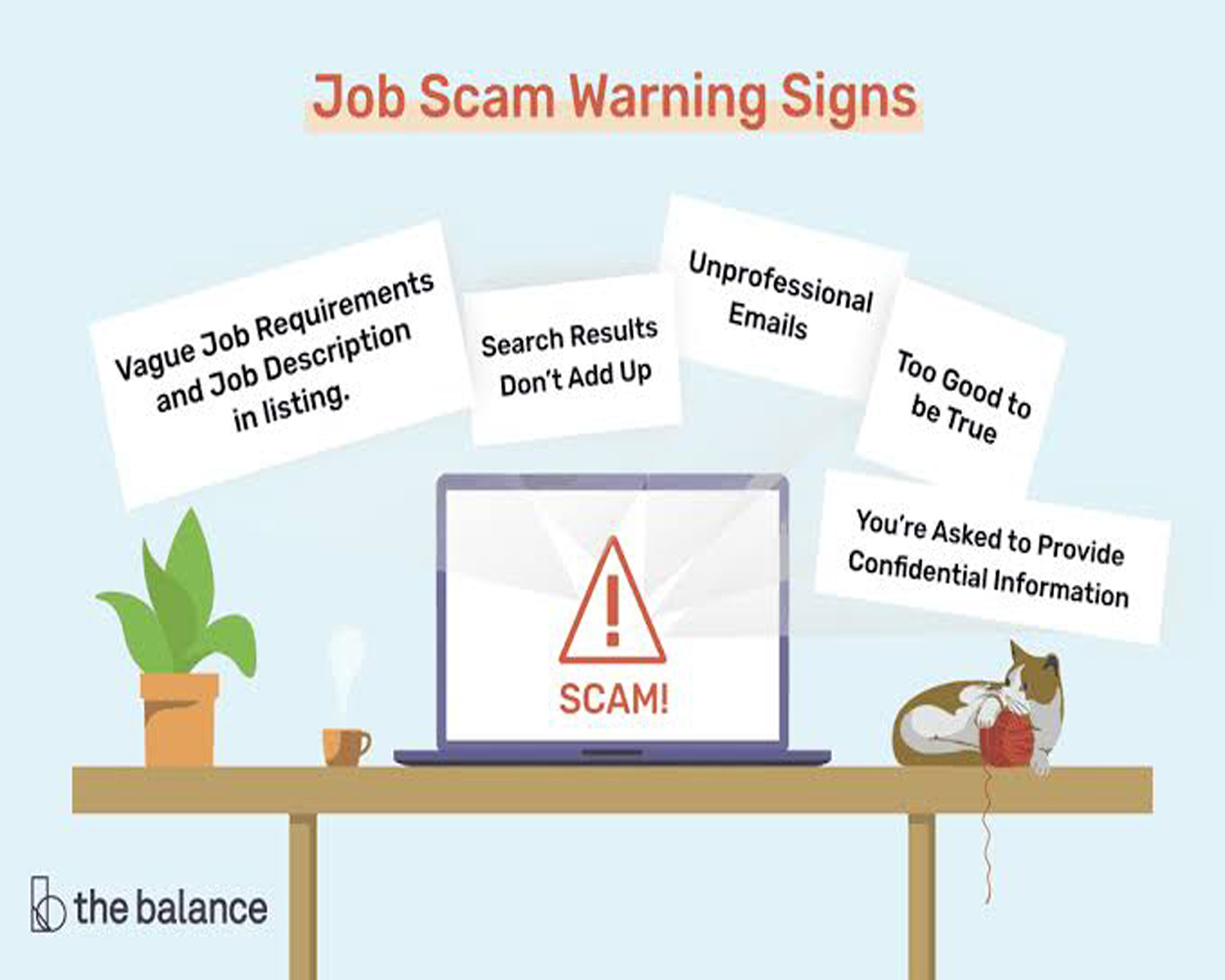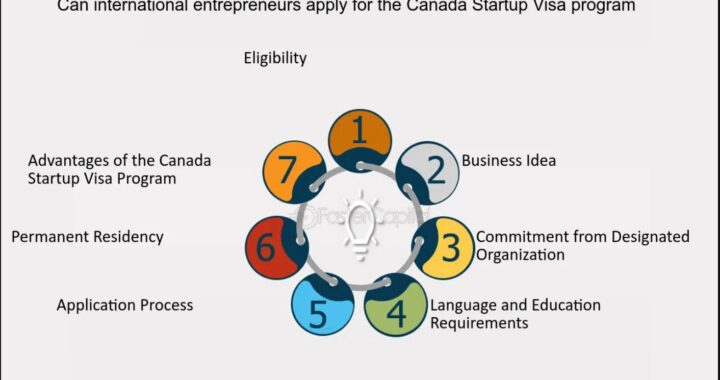Are the Fraudulent Employment Ads in Canada the New way of Scamming?

fraudulent job offer in Canada
The latest scamming reports have come as a shock for the immigration students who have been planning to apply for their dream jobs through the school’s online job portal. According to a news report, a Memorial University student has lost over $5,000 in a fraudulent job application, which he applied through the school’s online job board.
The student received a counterfeit cheque from the company after applying for the job, asking to encash and buy Bitcoin to send back to the client. Later, he learned that his account was overdrawn, and he had lost more than $5,000 from his account.

Surprisingly, this job was posted across Canada on the post-secondary school websites by a real company with the HR details, address, and the company website also being real. However, the job and the contact details turned out to be fake. Later it was revealed that the scammers had used a real company’s details to guise the scam and cheat the students.
With the company denying any knowledge on how or why its name was used and claiming not have advertised any such job posting, everyone realized that the scammers had found a new way to con the innocents.
As per the school, it is one of the rare incidents because all the job postings are thoroughly reviewed before submitting it on the job board. Unfortunately, the scammers have become more sophisticated to fake the ads that look as real and legitimate as the actual ones and the schools struggle to identify the scam before submitting them on the school’s portal.
Tackling the Fraudulent Job Advertisements in Canada

The schools and universities have become extra careful post the scam reports and have not only taken out the fraud advertisement from the job boards but also tried their best to track if there are any more fraudulent employment ads being submitted.
The spokespersons of the post-secondary institutions have assured the students to take all the necessary steps and extra measures to ensure the job scams are not reaching the students and graduate resources, at least through the schools.
The Atlantic universities have hurled a new shared database to enable the career centers to track the fake ads and stop such job scams. They have created a central place where the students or the career centers can report fake ads. There have been already more than a dozen fraud ad postings being published in the database.
The talks have already begun regarding the development of a common database at the national level for all post-secondary schools in Canada.
Actions by Canadian Anti-Fraud Centre
The Canadian Anti-Fraud Centre has already taken up the issue and started to enquire about the relevant sources to catch the scammers at the earliest. It has also received another complaint from a university of Ontario regarding the receipt of counterfeit cheques through courier, as similar to the Memorial University case.

 What actions by Trump Government are in store for illegal immigrants in US? What are Challenges to deport illegal immigrants from US?
What actions by Trump Government are in store for illegal immigrants in US? What are Challenges to deport illegal immigrants from US?  What are changes in Canada Start up Visa Program and Self-Employed Persons Program. How would it affect the potential immigrants to Canada?
What are changes in Canada Start up Visa Program and Self-Employed Persons Program. How would it affect the potential immigrants to Canada?  Launch Your Dreams: A Guide to Canada’s Start-Up Visa Program for Global Entrepreneurs
Launch Your Dreams: A Guide to Canada’s Start-Up Visa Program for Global Entrepreneurs  Options for Immigrating to Canada as a Healthcare Worker- Best Canadian Provinces that offer good salaries
Options for Immigrating to Canada as a Healthcare Worker- Best Canadian Provinces that offer good salaries  Immigrating to Quebec province Canada- Professions in demand with salaries- Racial Discrimination
Immigrating to Quebec province Canada- Professions in demand with salaries- Racial Discrimination  H1B Visa- Eligibility Requirements- its Duration- Process to apply and Professions in demand
H1B Visa- Eligibility Requirements- its Duration- Process to apply and Professions in demand  Recent Changes to Canada’s Work Permit Rules and its impact on Immigrants from India
Recent Changes to Canada’s Work Permit Rules and its impact on Immigrants from India  Applications for UK Immigration witness major decline as the Immigration Laws undergo significant changes
Applications for UK Immigration witness major decline as the Immigration Laws undergo significant changes